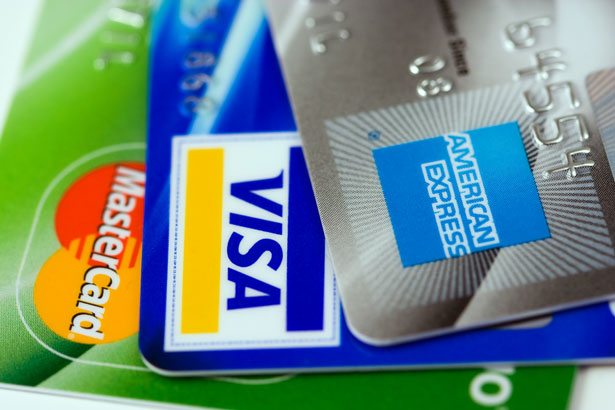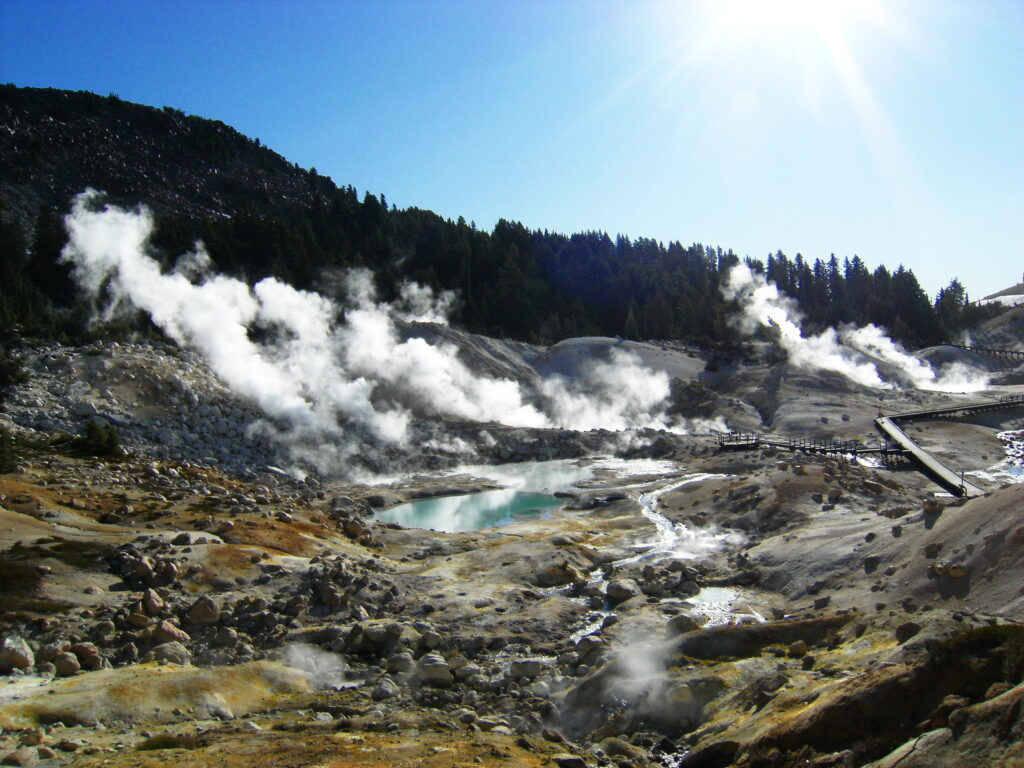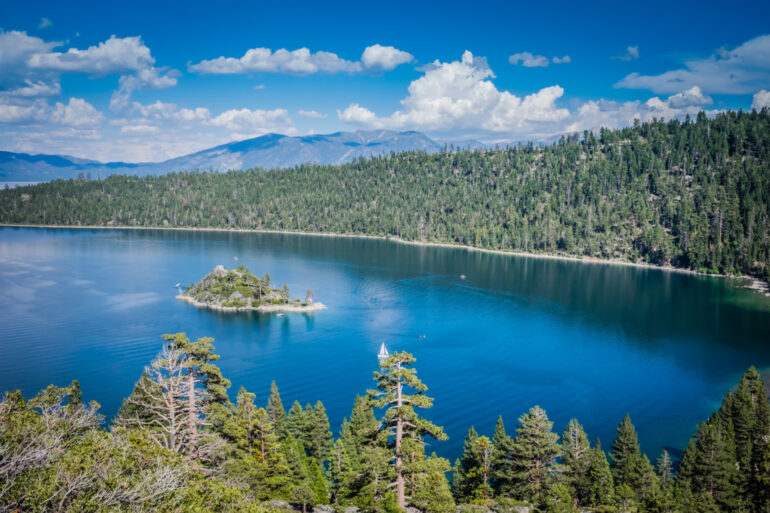After a year of unprecedented restrictions, and despite the rise of the delta variant, people have been taking to the skies and roads in droves. Pent-up demand has people within the United States clamoring for a vacation and the opportunity to make up for missed holiday time with family and friends last year. But that doesn’t mean you have to spend all your savings on your next getaway. Here are some of the best ways to save money on travel this year.
1. Book With a Travel Advisor
If last year taught us anything in the travel world, it’s the benefit of using a travel advisor when booking trips. From helping travelers find the perfect vacation to staying up to date on all the current COVID-19 regulations, travel advisors are there to help their customers have the perfect trip without any of the stress that can sometimes come along with it.
Codie Liermann, Senior Editor at TravelPulse, addresses the misunderstood notion that working with a travel advisor is an added expense. “When I used to work as a travel advisor, so many people would call and ask, ‘is it more expensive to work with an agent?’ It’s such a misconstrued topic,” Liermann said. “Working with a travel advisor will hands down save you money. Agencies have great relationships with a variety of travel venders and oftentimes are given exclusive promotions to offer their clients. They also research vacations for a living, so they know where all the best deals are without having to spend hours searching for them.”
While many travel advisors make the majority of their income via commissions from their vendors, some travel agencies may charge a fee to work with them. Always be sure to confirm whether there will be a consulting fee so you know what to expect. And before you balk at paying a little extra, keep in mind that travel advisors can help to provide room or airline seat upgrades, exclusive deals and added benefits that can make an extra fee worth it.
And don’t assume that because your travel advisor is paid on commission that they’ll try to oversell you.
It’s in the travel advisor’s best interest to sell customers on the ideal trip rather than just going after a large commission, says Janeen Christoff in an article for TripSavvy. Advisors want to “develop a lasting relationship with you” and know that the real money comes from repeat business and word of mouth. In other words, they want you to be happy and feel that they’ve delivered good value.

Travel advisors have preferred vendors for a reason – either they like traveling with these companies or they consistently receive good reviews. For those not immersed in the travel world, it can be easy to be duped online from false advertising all in the name of a good deal. But travel advisors know when a deal is too good to be true and it’s rare for them to put their trust, commission — and any potential future commissions — in the hands of an unknown business.
Plus, if you have ever had to change your travel plans, you know the headaches that can go along with trying to make modifications. When those unexpected circumstances arise — and there can be a lot of them in the midst of a pandemic — the value of a travel advisor can be priceless.
2. Make the Most of Your Credit Card Rewards

If you’re in the market for a new credit card and are an avid traveler, you’re missing a trick if you don’t choose the right rewards credit card. Do you have a favorite hotel chain? Are you a frequent flyer? Do you love to dine out?
The Points Guy is the ultimate authority on maximizing credit card rewards and sharing knowledge with consumers. The site details the Best Credit Cards of 2021 and frequently updated posts help you make the most of your airline miles.
3. Invest in Trip Insurance
Plans can change at a moment’s notice — from an unexpected family emergency to a positive COVID-19 test, it’s harder than ever to anticipate how your travel plans could be derailed and you’ll want to be protected if that happens. This is why it’s smart to opt for travel insurance. Yes, you’ll spend a little more on the front end, but you’ll lose a lot less if you have to cancel. If you’re working with a travel advisor, they will likely quote you on trip insurance as well. But for those not working with an agent, there are a couple of different options available to you.
Many credit card companies now offer trip insurance. WalletHub compared 76 different credit cards for their travel insurance and ranked them, giving Chase Sapphire Reserve and Chases Sapphire Preferred the top spots.
For those who don’t feel comfortable with their credit card’s travel insurance protection, separate policies can also be purchased ahead of your trip and tailored to your needs. NerdWallet has a helpful, comprehensive Travel Insurance Guide that’s a great starting place for finding the right protection for your trip.
There are even some hotel brands like Palladium, Axel, AIC Hotel Group that are offering guests free medical care insurance for the duration of their stay in response to COVID-19. Palladium became the first hotel group to offer free medical insurance to guests starting July of last year, and many other companies have followed suit. However, it’s important to read the fine print for each of these policies to see what the hotels cover should you need it.
4. Be Flexible with Your Travel Dates
One of the easiest ways to save money is just to be flexible on when you can travel. Obviously a trip during your destination’s high season will cost more than other times of the year, but making small changes to your itinerary like changing your flight from a Sunday to a Monday, going at a less desirable time of day, and even switching to a different nearby destination can also save you money.
According to Cheapoair.com, “flights that leave anytime from Monday through Thursday morning will most likely have lower airfare than other flights” with flights on Tuesdays or Wednesdays often offering the lowest deals of the week for U.S. domestic flights. The site also recommends booking a flight at least three weeks before travel, unless traveling to a popular destination during its high season, in which case flights should be booked 60 to 90 days in advance.
If you’re located between airports, it’s always worth your while to compare pricing between the two. This is when apps like Google Flights really come in handy. They allow consumers to easily see the price of airline tickets based on a multitude of factors (e.g., origin, destination, stops, date, time of day, airline, etc). Scott’s Cheap Flights has also recently released their latest finding for “The Best and Worst Airports for Cheap Domestic Flights in 2021,” which might have you considering flying into a nearby airport and driving a bit further to your final destination.
5. Travel to Destinations Off the Beaten Path

Popular destinations and cities with a higher cost of living will have you ultimately spending more during your visit. But, there are plenty of vacation spots that are off the beaten path that provide a great getaway. Some of these spots have become trendier recently due to their natural social distancing, like camping and hiking in National Parks, but you don’t have to rough it just to save some money.
National Parks saw extraordinary numbers of visitors over the Fourth of July holiday, with some even closing their gates to more travelers. In the United States there are more than 400 national parks spread across more than 84 million acres, but it’s usually only the fan favorite parks like Yellowstone, Zion and the Grand Canyon that make travelers’ bucket lists.
Instead, hike the Waterpocket Fold to see amazing red rock formations in Capitol Reef National Park in Utah; see the rugged Californian landscape reminiscent of beloved Yosemite at the less crowded Lassen Volcanic National Park in California; explore the subterranean Lehman Caves at Great Basin National Park in Nevada; or really reconnect with nature with a quiet escape to the far north at Isle Royale National Park in Michigan.
For urban destinations that don’t have to break the bank, travel pro Samantha Brown takes viewers to lesser-known destinations on her show “Places to Love”. Now filming its fifth season, the PBS show highlights the importance of travel and creating connections to unexpected destinations that will have you reminiscing for years to come. Some episodes explore the local hangouts of major cities, while others bring to light truly off-the-beaten-path venues. Either way, it’s a great springboard to get you thinking about new places to travel.
More from Better:
- Halloween at Disneyland Resort — Oogie Boogie Bash Returns, Plus Parade, Fireworks and More
- Summer in Breckenridge: What to Do, Where to Eat and Where to Stay
- Walt Disney World’s 50th Anniversary Celebration Begins Oct. 1 With New Nighttime Shows, Fireworks and More
 Lauren Bowman is a travel enthusiast, book lover, and minimalist based in Georgia. She loves experiencing new cultures, trying new foods, lending libraries, and learning about the world around her. Follow her on Instagram/Twitter @lbowmantravels.
Lauren Bowman is a travel enthusiast, book lover, and minimalist based in Georgia. She loves experiencing new cultures, trying new foods, lending libraries, and learning about the world around her. Follow her on Instagram/Twitter @lbowmantravels.

